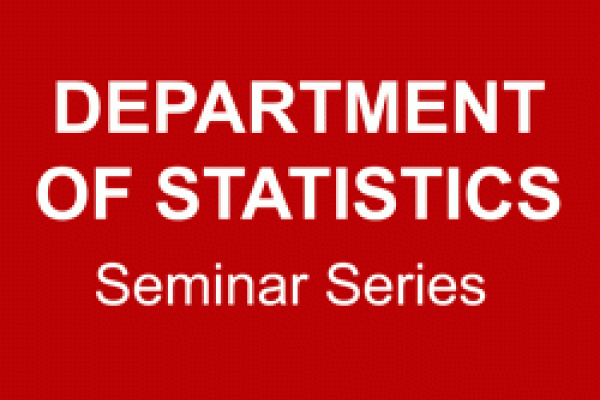
Title
So, What is Personalized Medicine?
Speakers
Jason Hsu and Szu-Yu Tang, The Ohio State University
Abstract
What examples of Personalized Medicine do you know? Have Genome-wide Association Studies produced medical products?
One form of personalized medicine is: Order kit, send in saliva sample, open wallet, select which defects to be tested for, wait for results. How reliable are such tests? Are they FDA-approved?
Another form is a drug targeting a subgroup of the patient population, with examples (of successes and failures) mostly in oncology. This form of personalized medicine now requires the drug and its companion diagnostic test be approved by the FDA simultaneously. Recent examples include vemurafenib for metastatic melanoma targeting patients with BRAF mutation, and Xalkori for non-small cell lung cancer targeting patients with ALK mutation. We will show how Partition Testing simplifies multiple testing for this form of personalized medicine, by recognizing logical relationship between the parameters. We also propose that confidence sets from Partition Testing be used to resolve the controversial “consistency” criterion in testing for efficacy in patient subgroups.
A hotly debated topic currently is whether medicine should be personalized according to patients’ drug metabolism profiles. We will indicate some limitations of current statistical formulations toward this future form of personalized medicine (and might propose a novel one).
